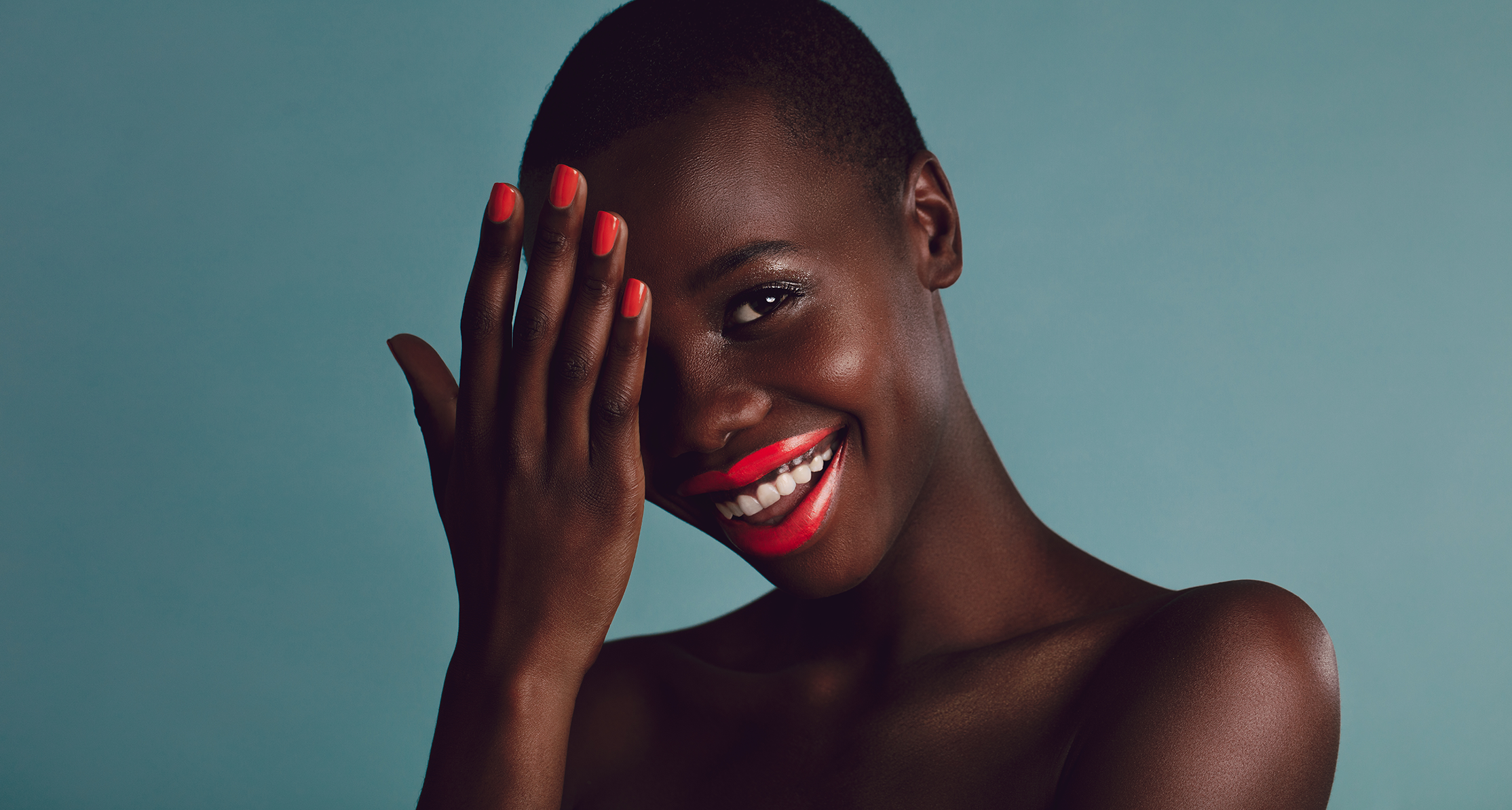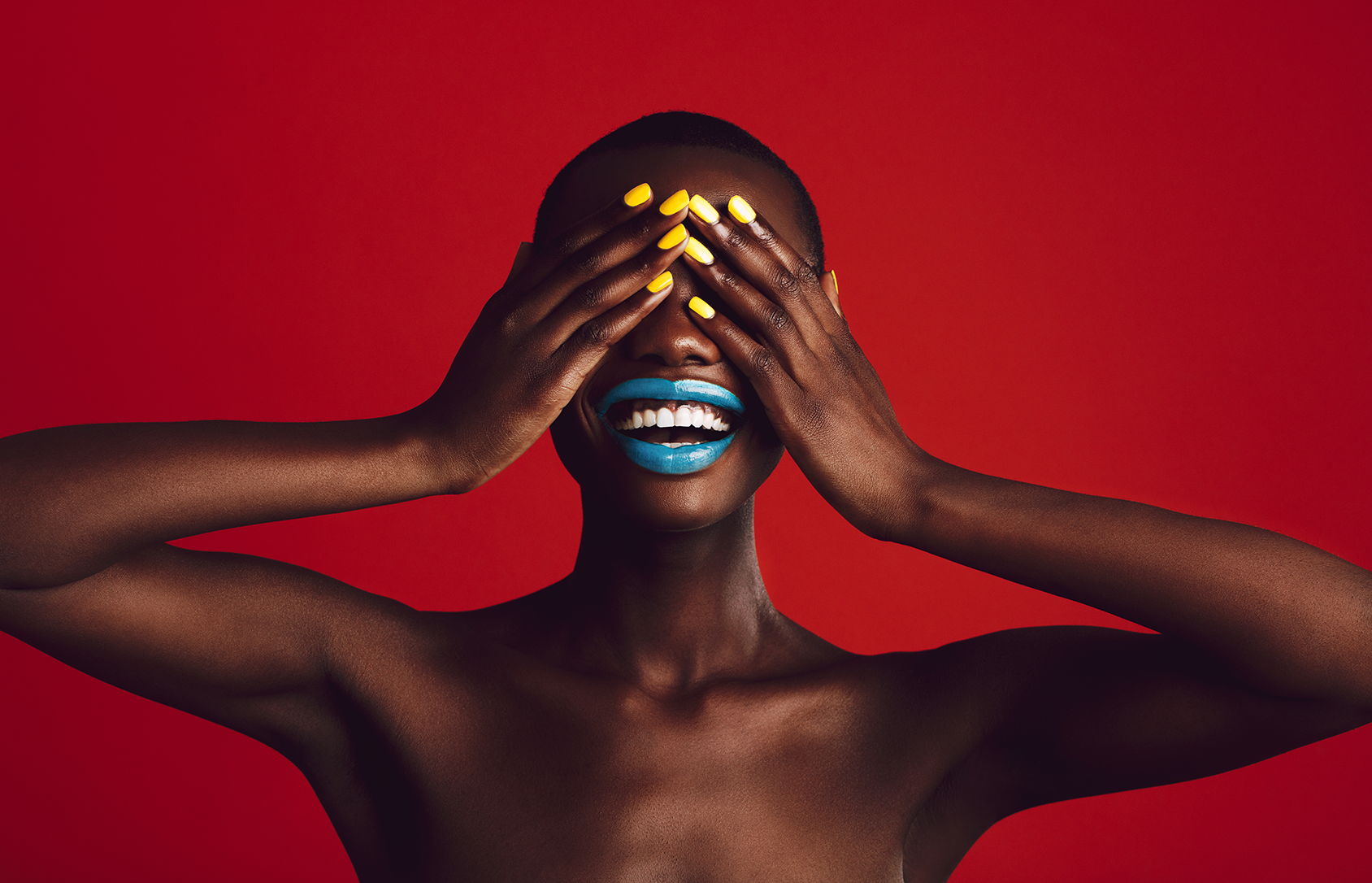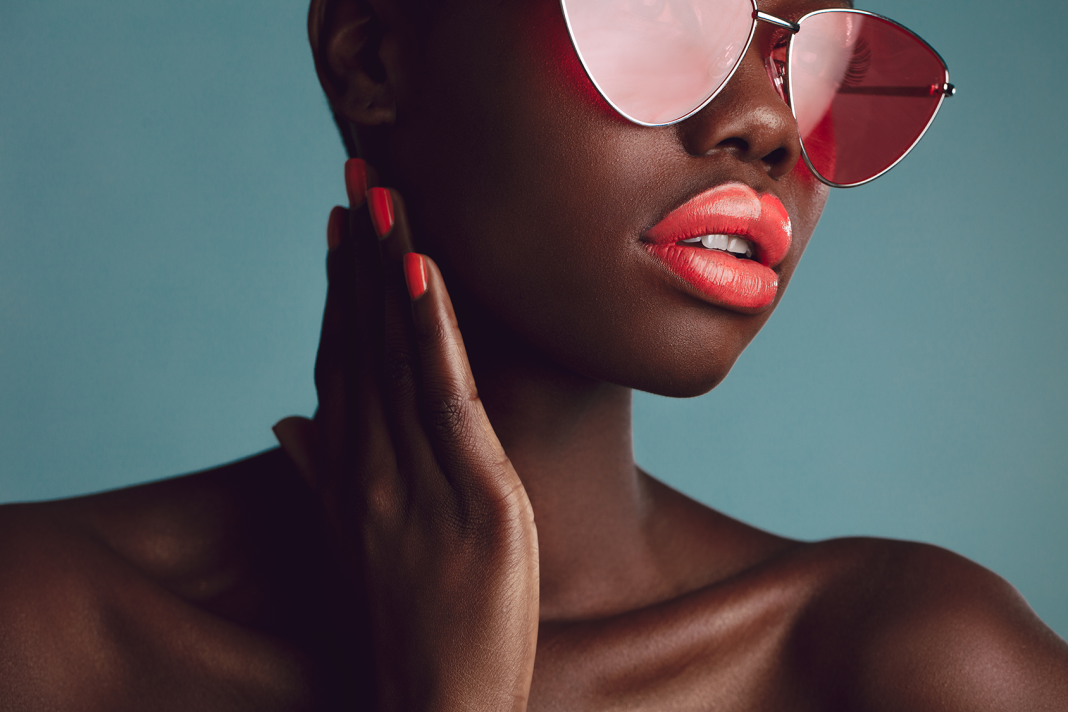You’ve probably at some point in your social media browsing seen a photo of a human with a complexion that is highly rich in melanin that had a caption something similar to “my melanin is poppin”. You may have reacted with admiration finding the human striking because of the richness of melanin in their skin. And you may have understood instinctively what’s behind the need for people to praise and celebrate their skin for it’s rich melanin content. On the other hand, you might have rolled your eyes in annoyance and disgust and scrolled away, feeling annoyed and bothered due to thinking the person was implying they were special because of their melanin rich skin. You might have wondered, why is it okay for this person to celebrate their complexion but if I captioned my picture “My light skin is poppin”, or “My pink skin is poppin”, or how ever you describe your melanin deficient complexion is poppin–people would find it objectionable and accuse you or trying to celebrate “white” skin over “black”. Why is it okay to celebrate one skin type but not okay to celebrate another?

This is probably one of those topics that is best to avoid discussing because it isn’t one you can win if you try to argue against the practice of celebrating skin color whether melanin rich or melanin deficient.
So then, why are you discussing the subject?
Recently, I came across a comment attributed to a lady who runs a skincare company that sells products that assist with complexion control. The article referenced something that this lady allegedly posted to Facebook where she wanted to know why dark-skinned girls felt the need to remind people every day that their melanin is popping. She felt like it was evidence of their insecurities. Because, she seemed to imply, if you’re secure in yourself and your knowledge that your melanin is popping, you don’t need to announce it everyday. In the article that referenced the Facebook post, the lady who runs the skincare company was quoted as saying:
I found the comment interesting. You’re not always going to find people who are willing to be that bold to openly make those types of remarks in response to something like this. But the truth is, there are plenty of people out there who are bothered by the “my melanin is poppin'” declarations and celebrations. Most remain quiet because they know it’s not going to go well if they openly object to the practice. But it seems to me that maybe it could do some good to discuss it with an aim to understand what’s behind the need for someone to declare that their melanin is popping and also what’s behind how that declaration makes some people feel–why some would feel like there’s a double-standard.

But there are some topics that I do feel like it’s difficult for humans to discuss without triggering needless conflict and more misunderstanding, name calling and greater rift between people with opposing points of view. I’ve been using ChatGPT a good bit lately and one of the main ways I see that it can become very useful is in teaching us a more impartial way to carry on discussions. I know AI is trained based on human input, but as it evolves and learns the art of impartiality, it seems to me to have the potential to become a better model of an ideal way to communicate on topics that notoriously cause division. It seems to aim at impartiality and tries to provide information and insight that is not skewed one way or the other. So for this article, I will give ChatGPT the honor of answering some of the question I imagine people are asking or wanting to ask on this subject.
Why is it considered okay to celebrate your skin tone if you're melanin enriched but not okay if you're melanin deficient?
But why do humans make a big deal about skin color to begin with?
This is something that I am personally interested in understanding. Because it just seems to me like humans make too much of a big deal about skin. Whether it’s about skin color, or the need for skin to be flawless and forever youthful, I think there are levels of awareness and intelligence that humans can reach where a preoccupation with skin is a relic of a time when we thought we were as highly evolved as we could be when we really weren’t. But again, I want to refrain from rendering opinions in this piece and let the AI engine do the talking. To that end I input the above question into ChatGPT and this was the output.
The response from ChatGPT is a little bit general and outside the context of the topic of this article which is people posting pictures with captions about their melanin popping. But it does mention the “social hierarchies” based on skin color. And everyone knows how that hierarchy works. Historically it has placed people with dark color skin at the bottom of the ladder of social worth and importance in the world. And, like the answer from Chat GPT suggests, “the cultural and historical significance of skin color has had a significant impact on human societies and continues to shape the way we view and treat different groups of people.”
And basically, the reason people declare that their melanin is popping and celebrate the beauty of their complexion is because they’re trying to fight back against these social practices that result in people diminishing their worth and value on the basis of the dark color of their skin.
To go back to the comment that was allegedly made by the lady who sells skincare products, she’s quoted as saying that light skinned people aren’t going around declaring that their light skin is popping. But the simple reason for that is, they don’t have to. The color of their skin has historically been an asset for them. They don’t have to resort to defensive self praise because they know that in society their light skin gives them an advantage that is not enjoyed by people with darker and browner complexions.
I wanted to get some deeper insight from ChatGPT so I asked it the below question:
As it relates to beauty and self worth why do humans make a big deal about skin color?
I think we have gotten some fairly decent answers from ChatGPT that shed light on the question of why some people feel the need to tell the world that their melanin is poppin’. In simplified form, it’s to fight back against a system that has historically diminished their worth on the basis of having a color of skin deemed to be of lesser beauty than lighter/whiter skin colors. But why are people bothered by it? There could be plenty of reasons, including the same reason some suggest it is done to begin with–insecurity. Who is really sure and secure in a society where there are so many ways in which we’re told to strive for a constructed idea of perfection which not a single human can achieve? We’re all insecure in some way. We’re all seeking validation and love and acceptance. We all want to be special. And so, when other people are in our face with their self celebration, it can make us uncomfortable and make us feel threatened in any number of ways. But these are just my opinions. I think it’s better to let AI tackle answering the next question:
Why does it bother some people when dark skinned girls say that their melanin is poppin?
All in all I agree with the gist of what the AI engine is saying. Basically, everybody is beautiful. All skin is worthy to be celebrated if somebody feels like they want to celebrate their skin. If someone who isn’t melanin enriched looks in the mirror and thinks “wow, my milky white skin is poppin’. I’m loving it”, and they choose to take a picture and post it on social media with that caption, they should not be attacked and accused of suggesting milky white skin is better than any other color of skin. Of course, if someone did do that, it would likely be construed as an attempt to mock and troll the people who post about their melanin popping.
The AI tool’s idea is that it’s not necessary to have conflict over this. There isn’t need to be bothered by people posting about their melanin popping. Try instead to understand the historical basis for the need to do so, and don’t take it personally. Don’t go down that road of thinking these people are trying to diminish you or otherwise implying they are more special than you. They’re not saying that you aren’t beautiful. They’re not competing with you. They just refuse to continue to accept not getting any recognition for and celebration of their beauty. In some cases there are things happening in the world that undermine the effort to eradicate the mindset that dark skin is a disadvantage. People consciously choose to change their skin color because light skin is considered more ideal than dark. Colorism is a still a practice in effect today. So what these “my melanin is poppin'” people are up against is immense in magnitude.
All you need to remember is that it’s not about you. You don’t need to be let it upset you or make you feel threatened in any way. These people are just trying to eradicate the idea that dark skin is not also beautiful just the same as any other complexion. They’re trying to change the world so that there can come a time when “my melanin is poppin” is no longer something anyone feels the need to say. Because there is no longer the practice in society of favoring complexions with less melanin over complexions with more.
Featured image is a stock photo from stock.adobe.com – By Jacob Lund

